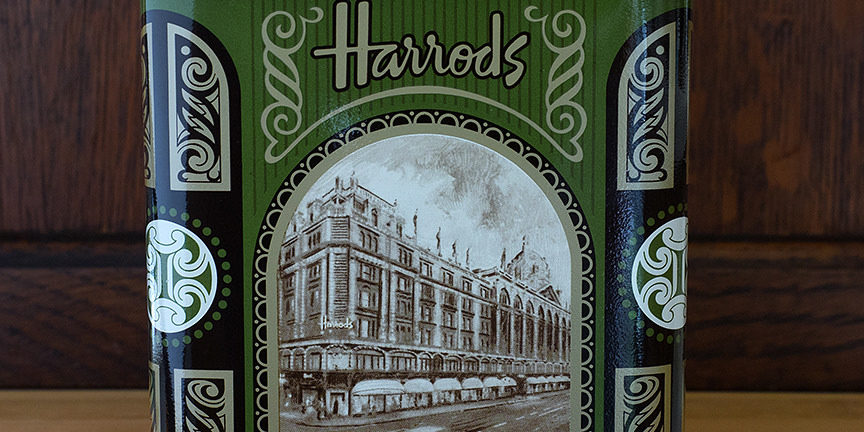Harrods is thriving despite being somewhat aloof from the digital economy (https://www.businessoffashion.com/articles/global-currents/in-a-digital-world-harrods-bets-on-tradition?). A business very much about a place, it is developing sales strategies from its traditions, relying on in-shop experiences rather than the rapidifcation and technoscience made possible by the digital. Though a critic of luxury, Pope Francis would have to approve much of Harrods’ business plan (V&R Chapter 2). Yet, so would Hume: self-consciously positioning themselves at the top of the hierarchy and offering bespoke tea blends table-side at High Tea, Harrods is strongly affirming the refinement of the arts and sciences (V&R Chapter 1).
Hume would be especially happy with the novelty driving Korean streetwear. A city-based anonymous design culture making small batch products feeding off, and announcing, trends (https://www.scmp.com/lifestyle/fashion-beauty/article/2168961/how-creative-army-micro-producers-drive-korean-street-style). Pope Francis would have reservations about its rapidification and likely high environmental impact — the clothes are not made to last — but he would be happy that, as the article points out, this manufacturing model is indigenous and has long historical antecedents. It is specific to Korea and is not a product of global technoscience.






